Last year over 700 boat owners who have non-trailered boats moored in marinas around Aotearoa…
Harnessing environmental DNA to reveal biogeographical patterns of non‑indigenous species for improved co‑governance of the marine environment in Aotearoa New Zealand
A second study resulting from the Sea Semester collaboration see here and here, has recently been published in Scientific Reports.
The study outlines a case study from Northland in 2021 in collaboration with the Sea Education Association, Woods Hole, the Northland Regional Council and Patuharakeke Te Iwi Trust and has integrated Mātauranga Māori (Māori traditional knowledge) with Western science to enhance marine biosecurity in New Zealand.
The paper highlights the effectiveness of eDNA monitoring tools and techniques, providing valuable resources for researchers and technical experts. This collaborative effort not only advances scientific understanding but also recognizes the critical role of indigenous knowledge and values in preserving marine environments and cultural sites.
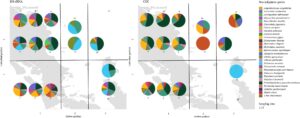
Figure 1: Marine non-indigenous species found in the Northland sampling sites using our eDNA pipeline and with the 2 different marker regions 18S rRNA and COI.
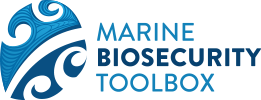
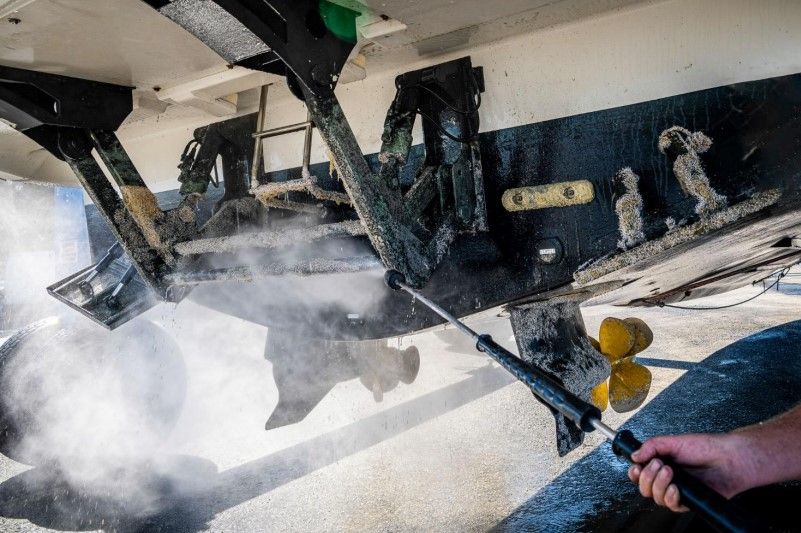
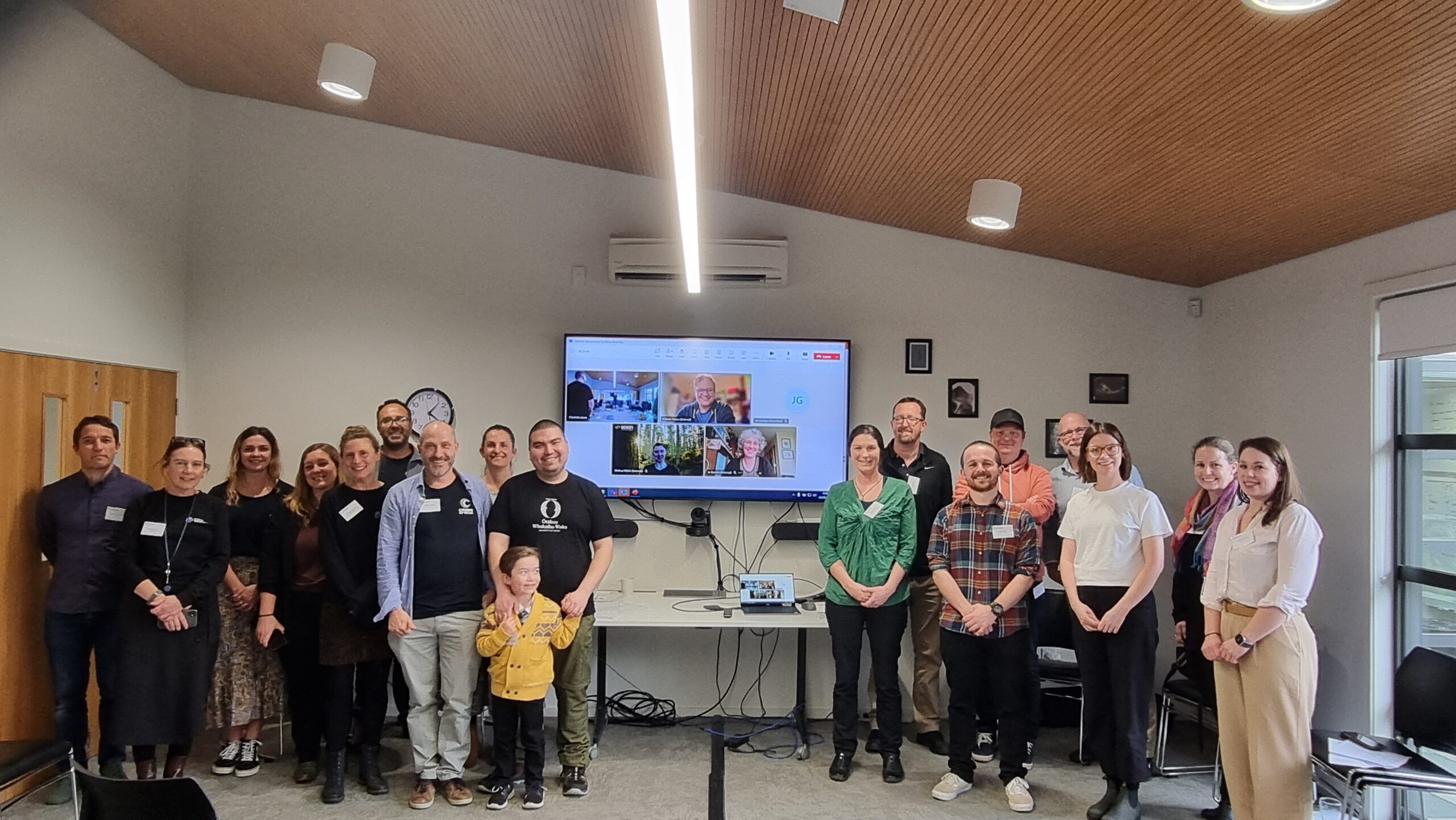
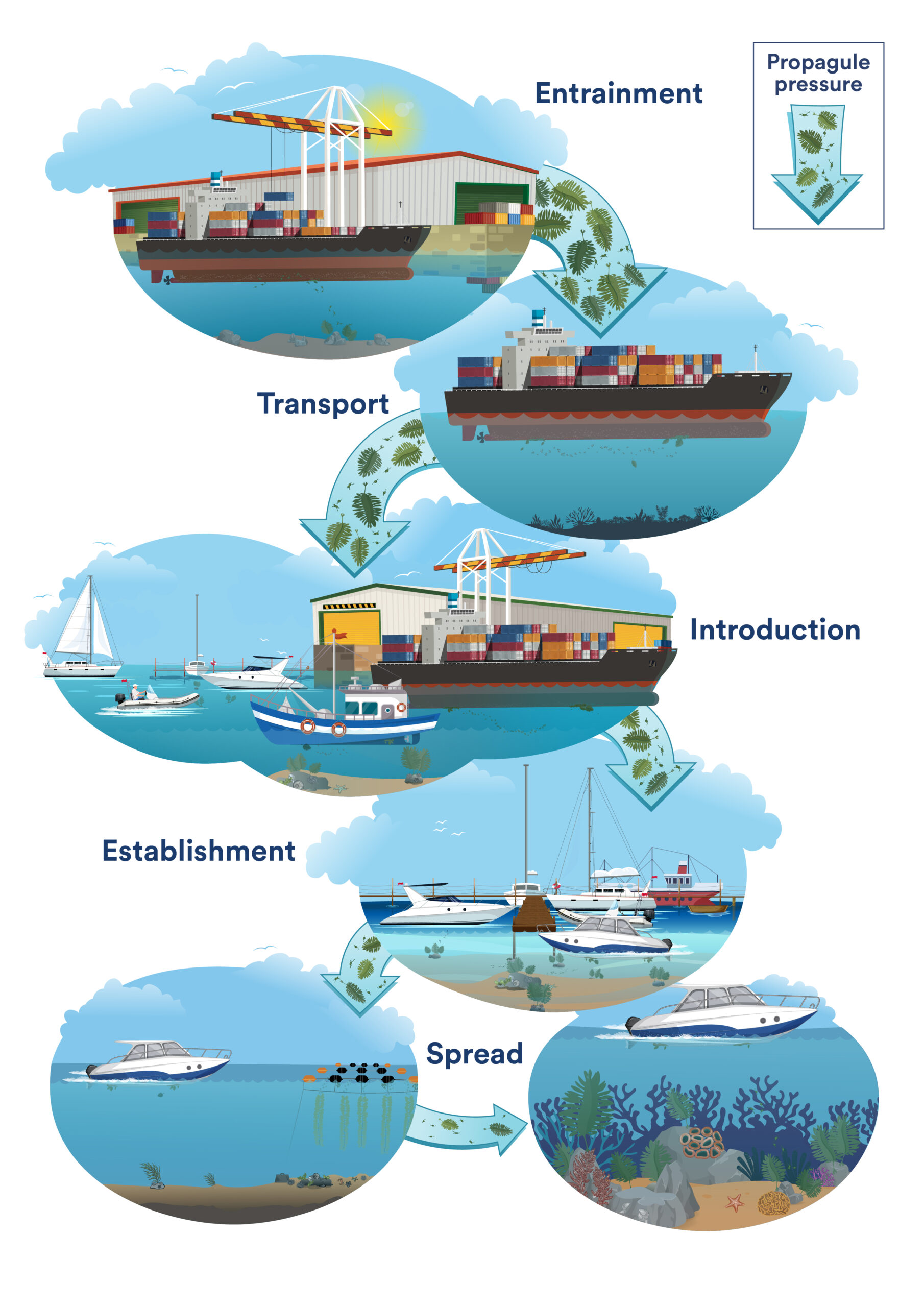
Comments (0)